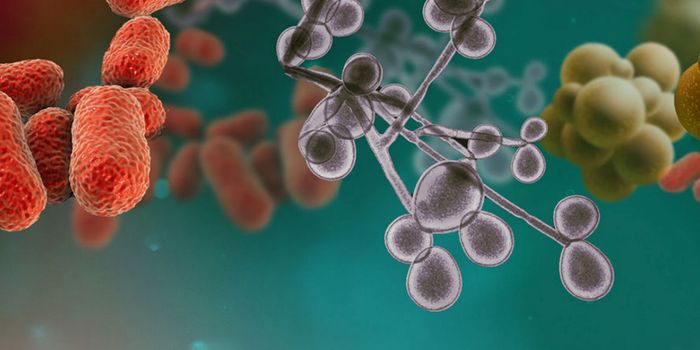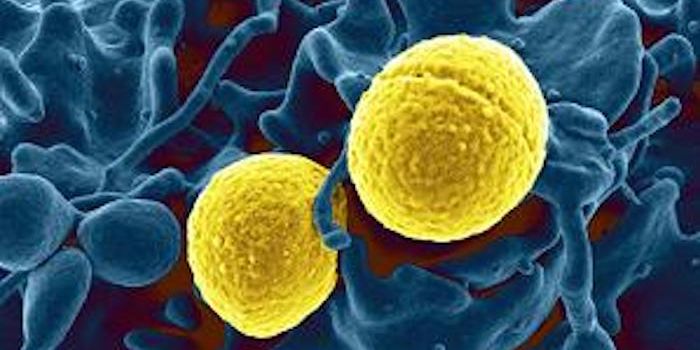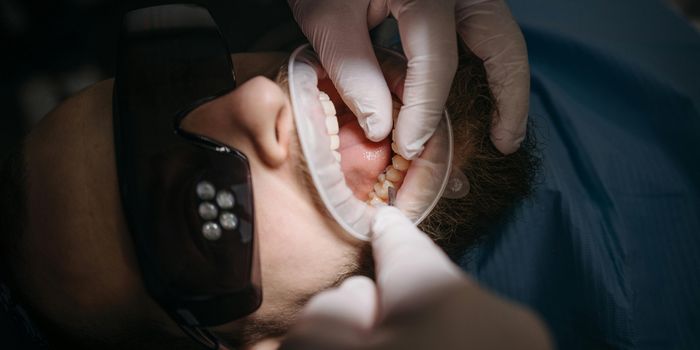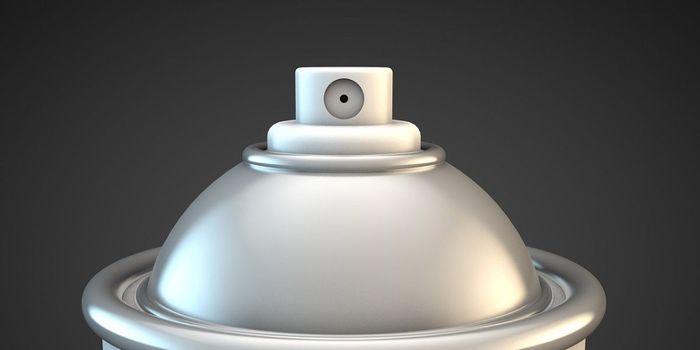Scientists Found a Safe BPA Alternative
BPA—bisphenol A—is an industrial chemical used in a wide range of everyday consumer products. From food and beverage can linings and storage containers to reusable water bottles and even vehicle dashboards, BPA is everywhere. According to an article from Scientific American, BPA is used so extensively because it is “cheap, durable, and flexible.” The article also states that in 2018 alone, companies create 6 million tons of BPA, making it one of the world’s most common synthetic chemicals.
If you’ve purchased a plastic product within the last several years, it likely had a “BPA-free label” somewhere on the packaging. While the FDA states that BPA is safe at the current levels at which it occurs in foods, many countries have banned BPA from occurring within certain products. This is because BPA has raised concerns throughout the scientific community since the 1990s, according to Scientific American. According to the Mayo Clinic, research revealed that BPA from food or beverage containers seeped into the food and drinks. Several additional studies have shown that the synthetic chemical disrupts the endocrine system and has been linked to reduced fertility, breast cancer, and prostate cancer.
Why does BPA persist in products at all? Scientists and manufacturers have not yet found a suitable or affordable replacement for the chemical. However, the lab at Sherwin Williams—a paint and manufacturing company—might be on the right track, as summarized in the video below.
The company sought to discover a bisphenol molecule that was not an endocrine disrupter. Using a computer program that screens hundreds of different bisphenols, they found tetramethyl bisphenol F (TMBPF). The molecular structure of TMBPF was unlikely to bind with estrogen receptors.
However, the team needed to ensure that it wouldn’t learn from can linings and prove its safety. They turned to outside scientists for further testing. Based on external testing and studies, Scientific American reports that scientists are “cautiously encouraged” that TMBPF is a safe BPA replacement and will not disrupt the endocrine system. Much more testing is recommended to establish TMBPF’s safety and uses fully.
According to Scientific American, Sherwin Williams has been selling the new TMBPF can coating, branded as valPureV70. The main caveat of this bisphenol is the cost, which may impact its future marketability.
Sources: Scientific American, Mayo Clinic, FDA









